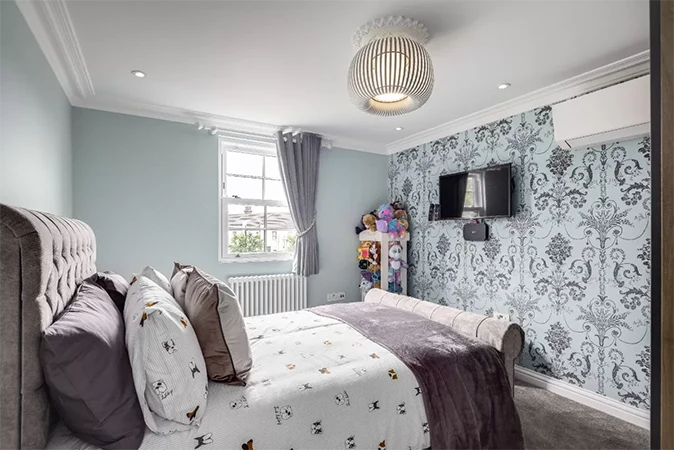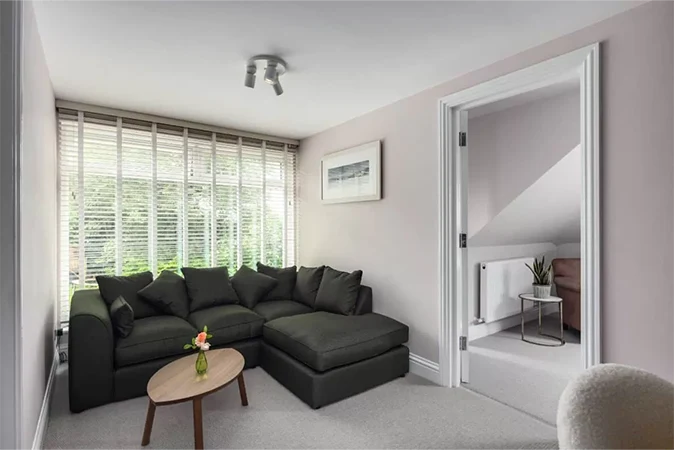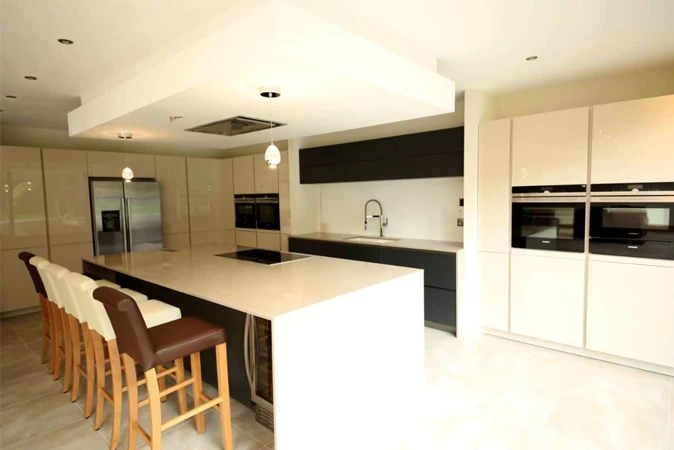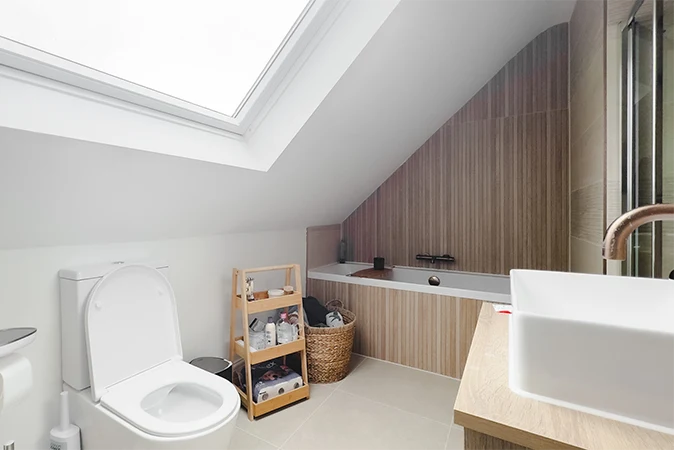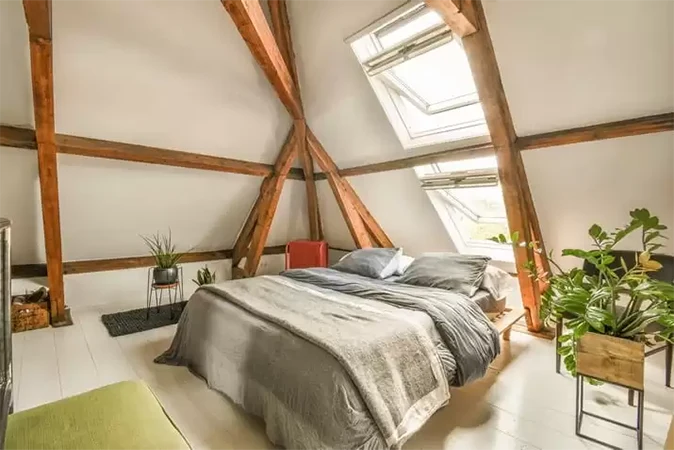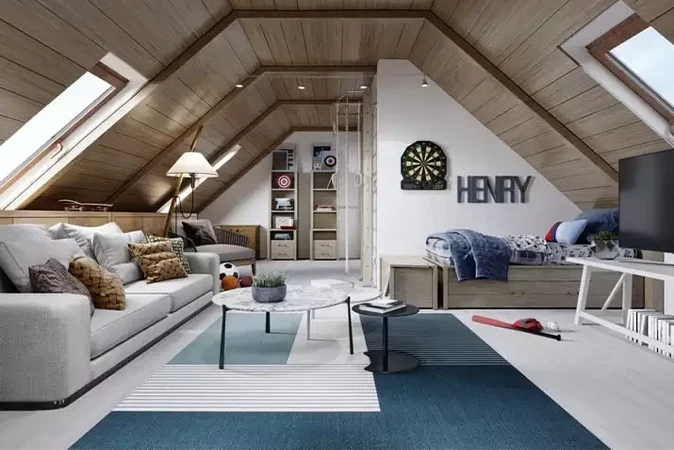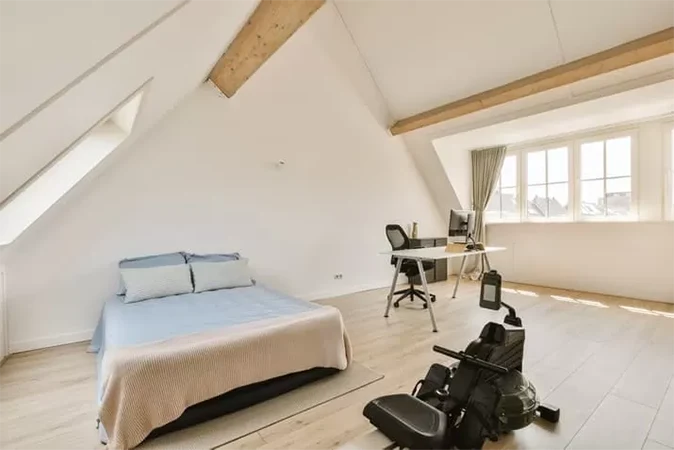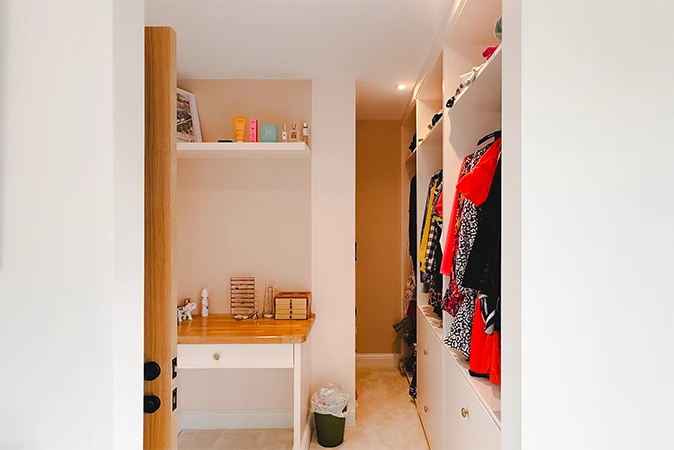Creating a more energy efficient home isn’t just good for the environment; it’s also one of the best ways to save money. Reducing the amount of gas and electricity you use in your home will greatly reduce your utility bills and help keep household expenditure down. These energy efficient household improvements do cost money, but they will lead to long-term savings.
Solar Panels
One of the best ways to make your home greener is by installing solar panels. Solar panels are an efficient way to generate your own household energy. Installation is unobtrusive and quick, and the panels require very little maintenance. You simply sit back and enjoy the savings. Also, the semi-conductive cells which make up the panels can absorb sunlight even in overcast conditions, so don’t be put off by the thought of gloomy British weather.
Insulated Loft
If you don’t have an insulated loft, chances are you are losing most of your household heat through the roof. Heat rises throughout the home and loft insulation acts as a blanket, trapping the heat in. It also works in the summer months as it can help keep bedrooms cooler by stopping heat coming down from sunlight hitting the roof. If you currently have loft insulation installed, it may not be as effective at keeping the heat in as you think. Older loft installations used a much shallower depth than modern methods, resulting in inadequate heat loss. Unless you had insulation installed recently, it may be worth getting your loft checked out to see if improvements can be made.
Insulated Water Tank and Pipes
Insulating your water tank and pipes are also improvements you can make to your loft and throughout the rest of your home. A simple hot water tank jacket is cheap and easy to install, and it helps to keep your water hotter for much longer. Similarly, insulating exposed pipes can help stop heat from escaping. You can also fit reflector panels behind the back of your radiators. These are made from a foil-like material which ‘bounce’ and reflect heat back into the room rather than it being lost through an external wall.
Energy Efficient Appliances
Household appliances can often be responsible for energy being wasted in the home. New electrical appliances like fridges and freezers are certified by Energy Star, and they are given an efficiency rating. Appliances with a higher ‘A’ rating are much more energy efficient and economical to use. Changes can also be made to appliances which use water. ‘Low-flow’ fixtures reduce the amount of water being used in the likes of shower heads, taps and toilet flushes. This ultimately means less water is wasted and less hot water is used.
Change Household Behaviour
One of the best ways to be greener in the home is to make changes to how you use energy. Sometimes the smallest changes in the household can make the biggest impact on how much energy is being used. This means turning off appliances not in use, saving hot water whenever possible and turning the thermostat down a few degrees lower. They may seem like insignificant changes to your daily routine, but they can really add up over time.








